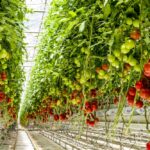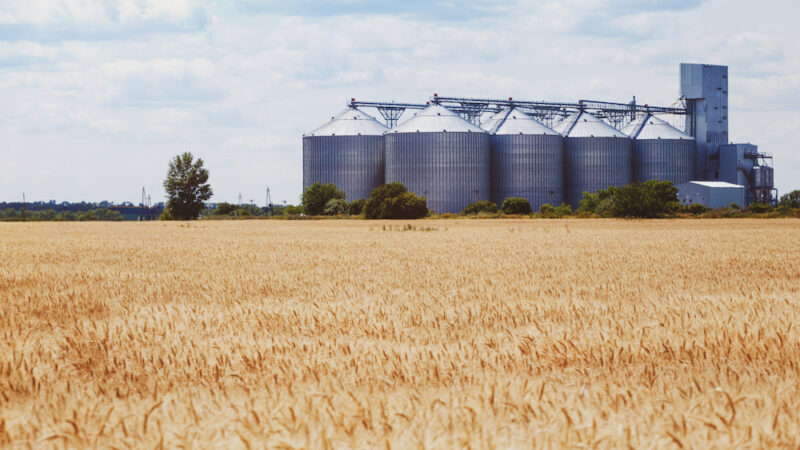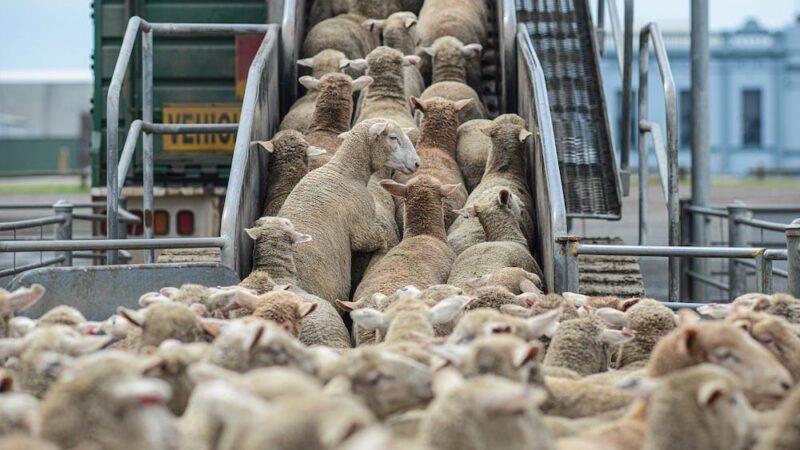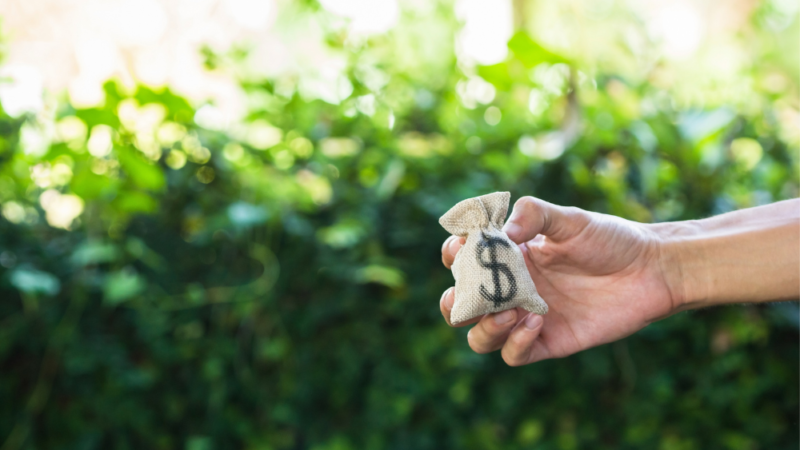In 1928, Tony Costa – a migrant from an old winemaking family in Italy – opened…
Delving into Bali’s FMD response
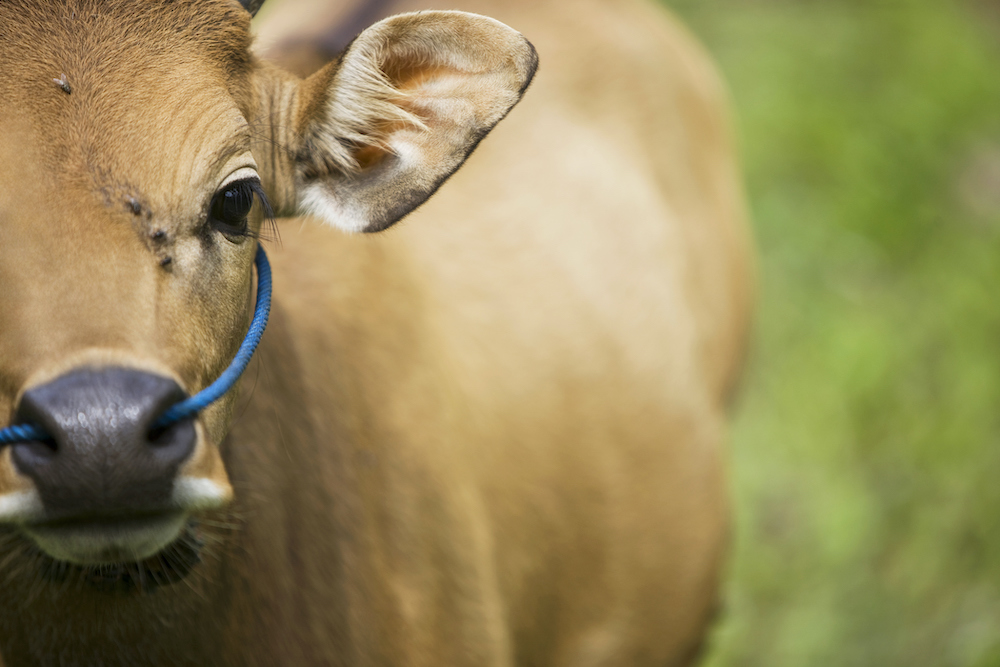
For a farmer who has had his business wiped out overnight, Made Swarsa is bafflingly cheerful. In July, his entire herd of 13 cows – some of which were worth $800 (AUD), more than three times the minimum monthly wage – were culled by officials after they tested positive for foot and mouth (FMD), the highly contagious and sometimes fatal viral disease that affects cloven-hoofed animals.
“I do not have any other job for now – zero income. I will probably go broke,” Made says, forcing himself to chuckle as is the custom among Balinese sharing tales of misfortune.
Made’s problems began soon after he brought a new heifer he had purchased at Beringkit Market to his multi-generational home and micro-dairy in Baha Village about half an hour’s drive north of the capital Denpasar.
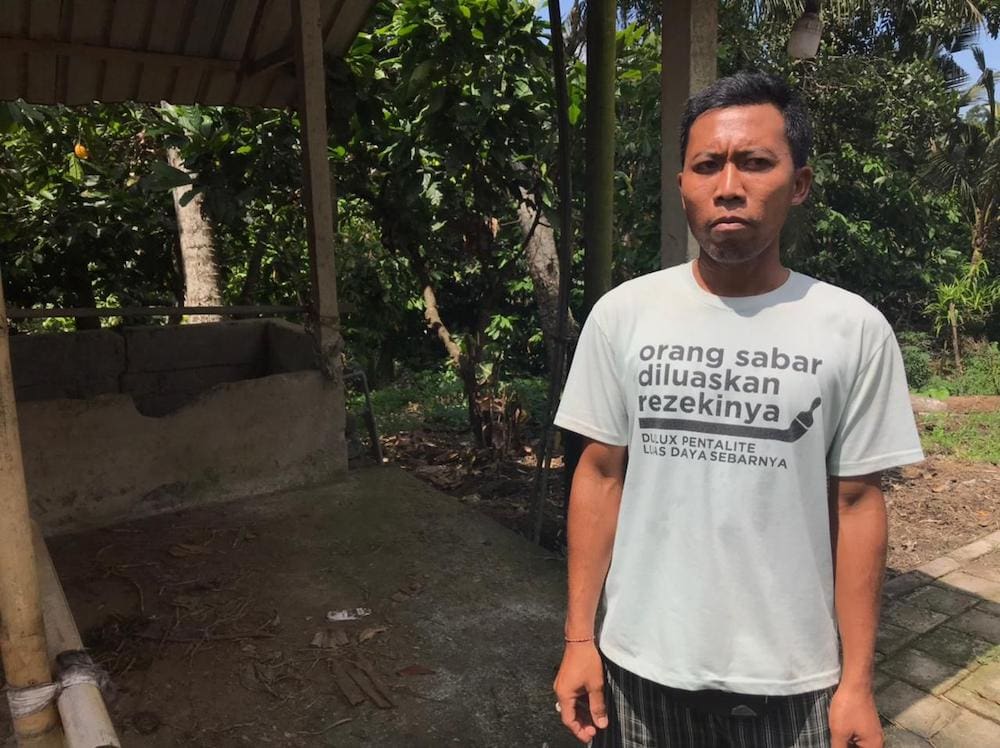
“There was no sign of sickness when I bought the cow. It was eating normally. But five days later it started foaming in the mouth and stopped eating. I panicked because I had just heard there was a lockdown on cattle because of a sickness,” he says.
“I called the local vet and he confirmed it was foot and mouth disease. Right away they injected the other 12 cows with a vaccine, but not long after they also showed symptoms.”
In line with biosecurity measures to stymie the spread of the disease that has already been identified in 23 of Indonesia’s 37 provinces, Made’s herd was culled. The animals were then butchered and the meat, which is rated safe for human consumption in Indonesia once it subject to heat treatment, was taken to a government storehouse and he was promised payment of $8 (AUD) per kilo.
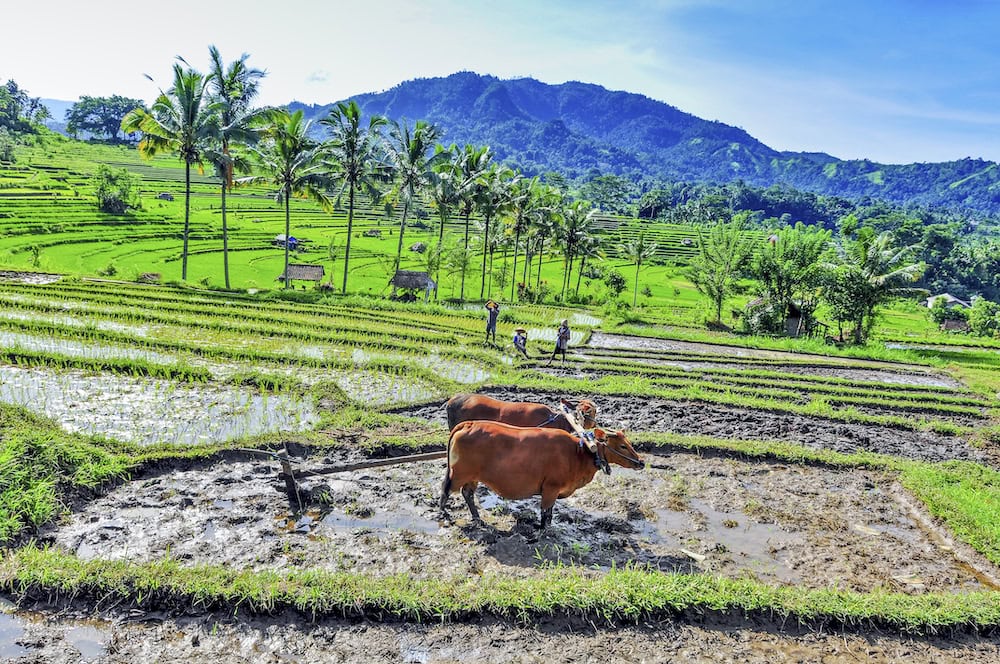
“They are selling the meat but I have not received the money yet,” he says, chuckling again. “I don’t know why it takes such a long time for the officials to distribute the money. I am not chasing it. I just hope it will come,” he says, pointing out the logo on his T-shirt which reads Orang Sabar Diluaskan Rezeknya. This translates to: A Patient Man Will be Blessed with Fortune.”
Head of the Department of Agriculture and Food Security chief in Bali Wayan Sunada said Made’s money should be arriving soon.
“Farmers will receive $1,000 (AUS) for each cow that was culled no matter what their size,” he said.
“We have funds ready to be distributed to the owners of 240 cows, which will make Bali the first province in Indonesia to pay FMD compensation to farmers.”
Head of the Department of Agriculture and Food Security chief in Bali Wayan Sunada.
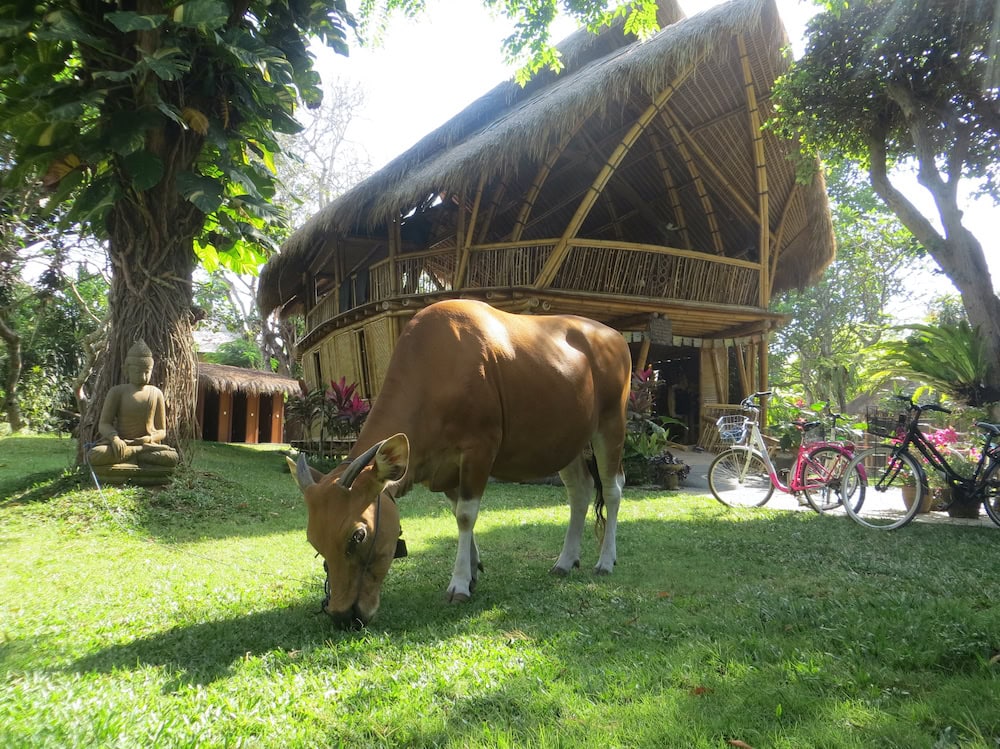
Soft lockdown only
After the outbreak at Made’s farm was logged, officials from Bali’s animal husbandry department visited Baha Village to vaccinate livestock. A spreadsheet shared with The Farmer shows 246 of 248 cows were vaccinated in the village. The two outlying animals include Made’s Case Zero and a calf that was too young to be vaccinated. As a result, the area is now free from FMD, according to I Wayan Rusih, section chief at Baha Village.
“The government acted fast to tackle the issue, giving out the vaccines for free, and it was a small outbreak to begin with, so I am not concerned about it spreading. And there have been no other cases reported since then.”
I Wayan Rusih, section chief at Baha Village.
Rusih’s boss Eka Suwastama, chief of the Baha Village, says locals are taking the threat of FMD very seriously. “One man was so concerned he asked the veterinarian to show him that he was using a different needle to vaccinate every cow,” he said, adding that all 246 registered cattle in the village are locked down and being kept in “proper barns”.
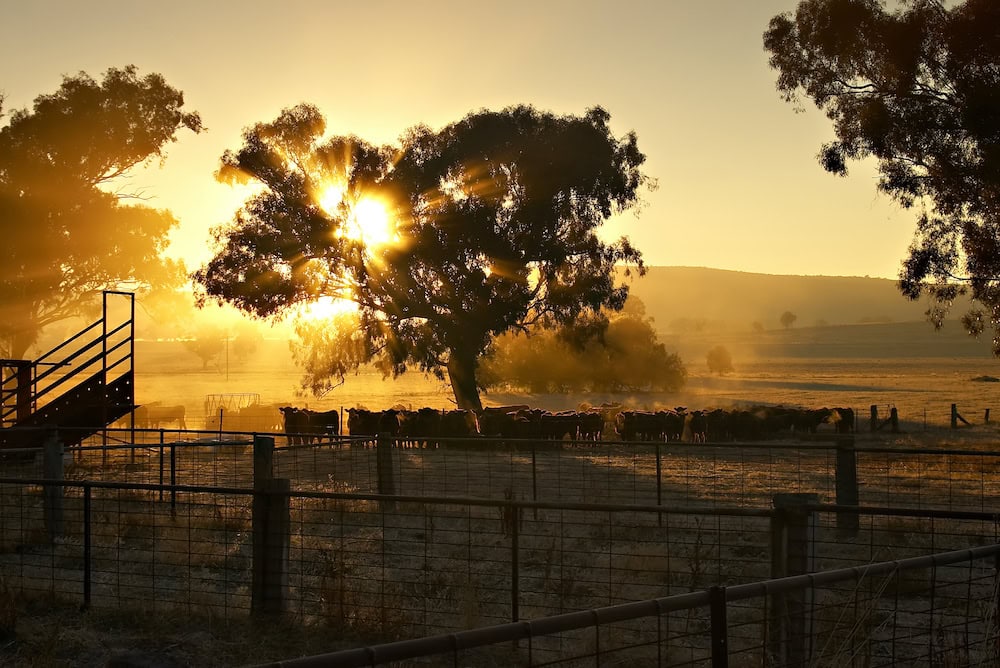
There was no evidence of any cows grazing free-range in Baha Village. But in Canggu, a west-coast surfing hub popular among Australian tourists, we saw tethered cows grazing in unfenced paddocks.
“I have three cows,” says Bapak Putu, a construction worker who, like many working-class Balinese raises a small number of cattle as a side-gig. “Every morning before work, I walk them to a paddock near my house where they can graze but I tie them up. When I finish work at 5pm, I walk them home.”
Nyoman Riswanto, who has a small restaurant in Canggu, was doing the same with his herd of three cows until he received a visit from officials asking him to stop doing so.
“I am aware of FMD because government people gave me free vaccines and said my cattle had to be locked up. But I don’t really understand how FMD could affect my cattle.”
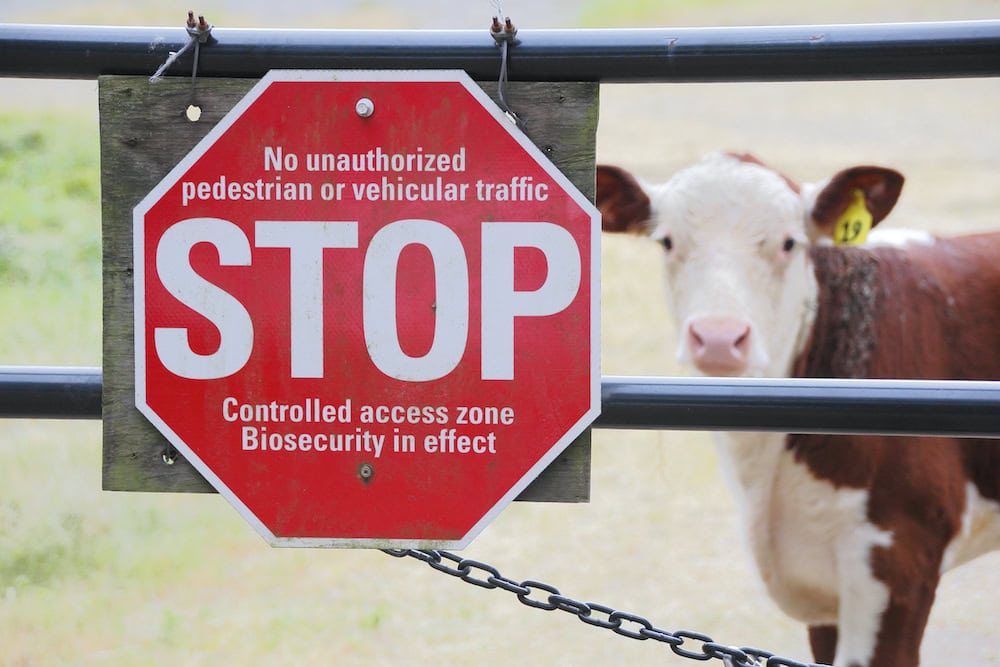
The chief speaks about Bali’s FMD response
The fact that cows are still roaming around Canggu would alarm Australian farmers, but there is a concerted effort to contain the outbreak.
The Australian Government is helping, including a new $10 million biosecurity cooperation package for personal protective equipment, disinfectants and training.
“We are committed to working together to respond to this common threat,” Minister for Foreign Affairs Penny Wong said in a statement.
Sunada told The Farmer the government is working around the clock to contain the outbreak and has already achieved significant results.
“In July there were 556 active cases in Bali and the hardest hit area was in the north. But we culled all the infected cows and since the first of August we have had no new cases reported because we acted so fast,” he says. He added that the first phase of the FMD vaccine drive – 116,257 doses – has already been rolled out and the second phase is now in motion.
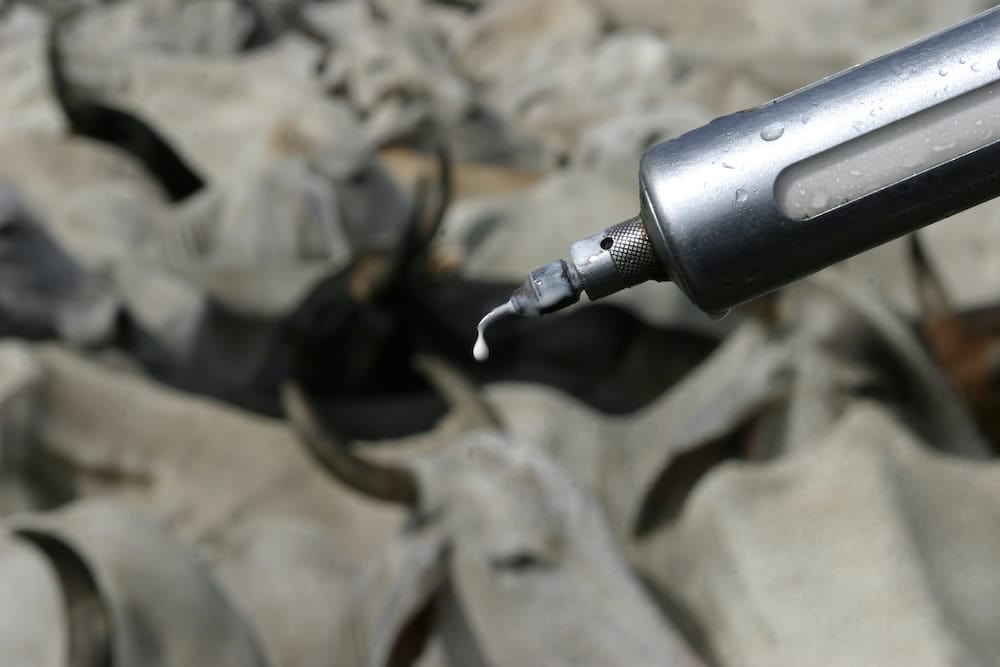
“If anyone says cows are walking around freely in Bali, please report it to us and we will take it very seriously. We don’t let cows walk around by themselves and if you see them in the fields it’s because they are allowed to be taken out to get fresh grass twice a week for a few hours. But they must be strongly tied to the ground.”
This soft lockdown probably won’t sit well with livestock producers in Australia and voices calling for an outright travel ban to Bali. But it is a response adapted to the realities of a developing country where many people, particularly farmers, still exist hand to mouth.
Travel bans not the answer
According to the World Organisation for Animal Health, FMD is endemic throughout much of Asia and in most parts of Africa and the Middle East.
NSW Farmers Biosecurity Chair and Cowra farmer Ian McColl said that is one of the reasons why NSW Farmers and the National Farmers Federation (NFF) does not support travel bans involving Bali, Indonesia or other countries where FMD may be present.
“There is a risk that trade or travellers to any of these countries could bring FMD into Australia,” Mr McColl said.
“Last month we saw FMD fragments detected that didn’t come from Bali on a tourist’s thongs. They came in meat products from Asia.”
NSW Farmers Biosecurity Chair and Cowra farmer Ian McColl.
“Those people that suggested we need to slam shut travel to Indonesia don’t understand that would only give a false sense of security, which could actually increase the risk of FMD coming from elsewhere.”
Mr McColl said the focus must be on biosecurity on our borders. “Yes, we should be helping our neighbours out with containing the disease and the federal government is doing that, but protecting our borders is so important.”
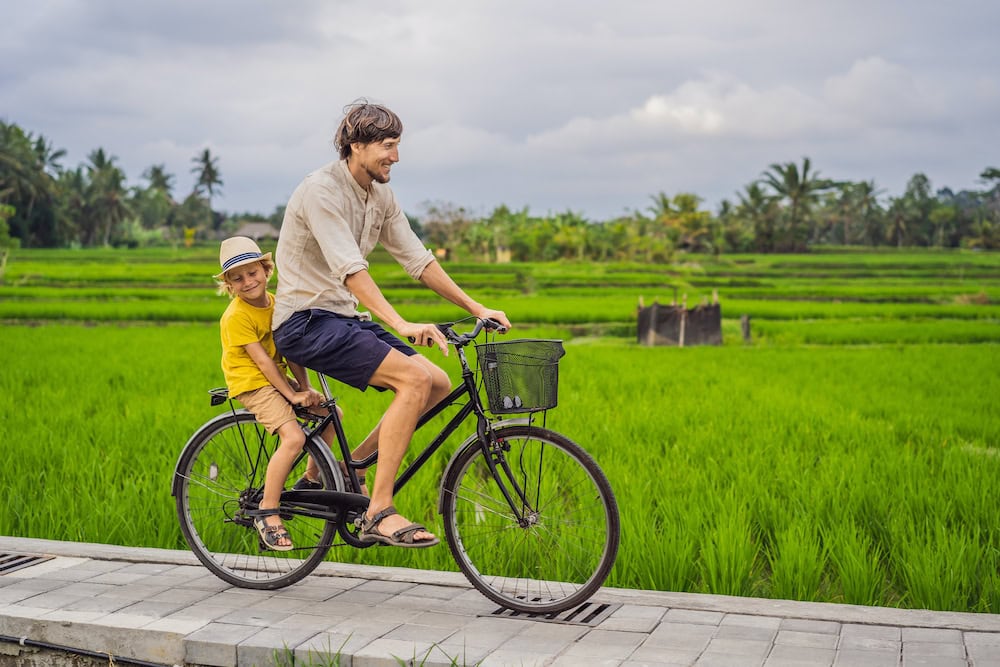
When it comes to biosecurity, Mr McColl said there needs to be a culture of shared responsibility.
“What Australia needs is all levels of government and all members of the community to come together and keep this disease and others like lumpy skin disease out.
“We have strongly advocated for the federal government to boost screening and put foot baths at our airports, the state government has boosted biosecurity funding, now it’s up to all of us to do the right thing and stop spreading fear and rumour.
The threat of FMD will be ongoing, and NSW Farmers supports the NFF’s calls for 100 per cent screening of travellers returning from Indonesia.
“Industry and farmers also have an important role to play with implementing or updating farm biosecurity plans, as many of the intensive industries already have.
“Protecting our borders is important, but so is washing or changing footwear before stepping onto a farm.”
NFF President Fiona Simson said the immense pressure on Australia’s biosecurity system warranted a clear strategy for the future.
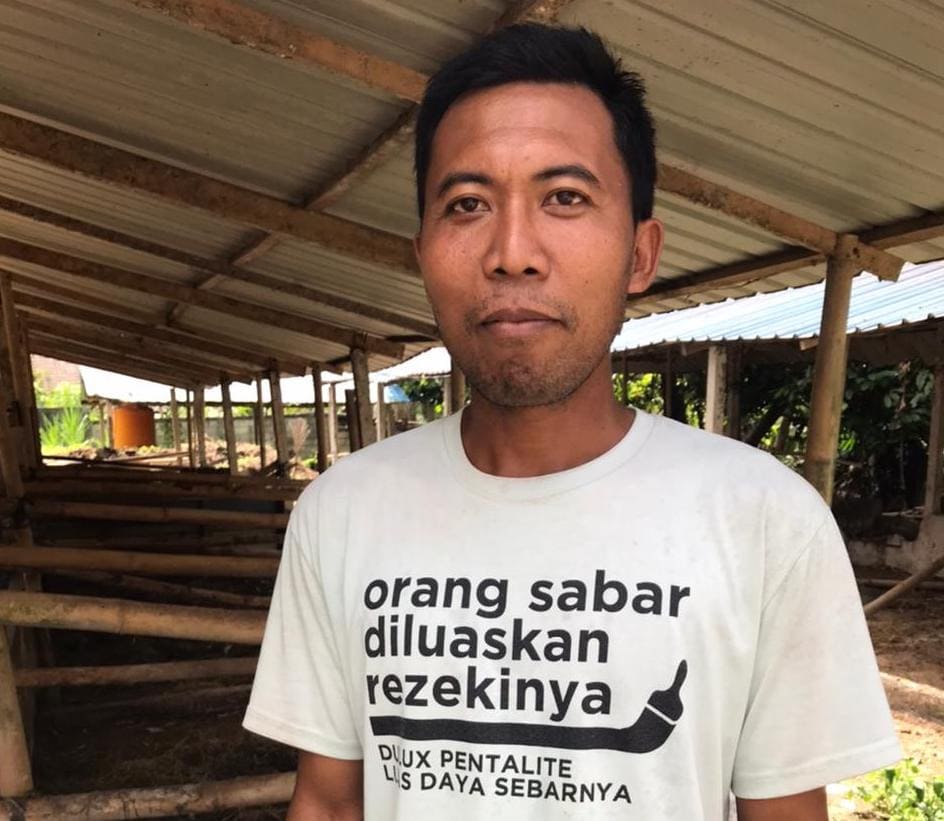
The NFF did welcome the recent release of a National Biosecurity Strategy by new Agriculture Minister Murray Watt, but like NSW Farmers, Ms Simson warned a sustainable funding model must be the backbone of any strategy.
“We’re continuing to call for a long-term, sustainable funding model for our biosecurity system. It’s an issue identified but not solved by today’s Strategy,” Ms Simson said.
“We need a funding model that keeps pace with that risk, rather than scraping for ad hoc handouts from the Federal Budget.
“We’re continuing to call for a long-term, sustainable funding model for our biosecurity system. It’s an issue identified but not solved by the Strategy.
If you enjoyed this feature on Bali’s FMD response, you might like our story on the whether can save bees from the Varroa mite.


